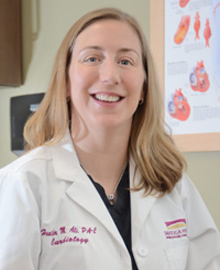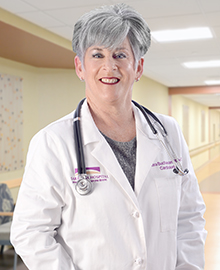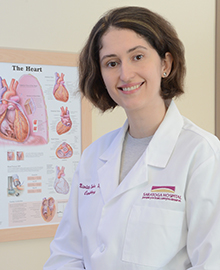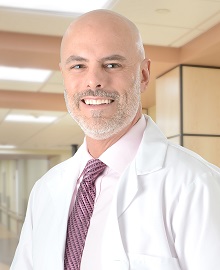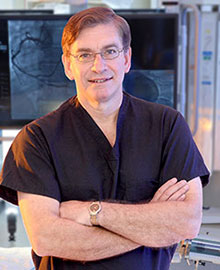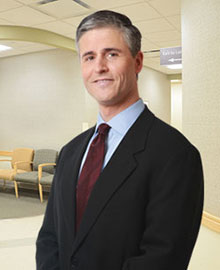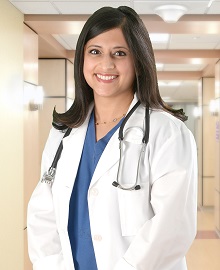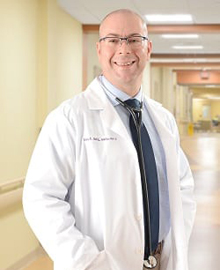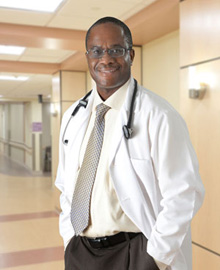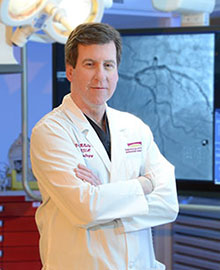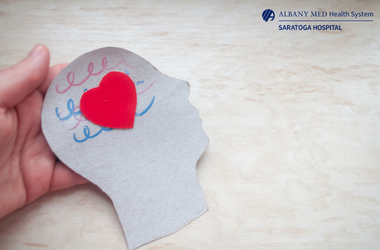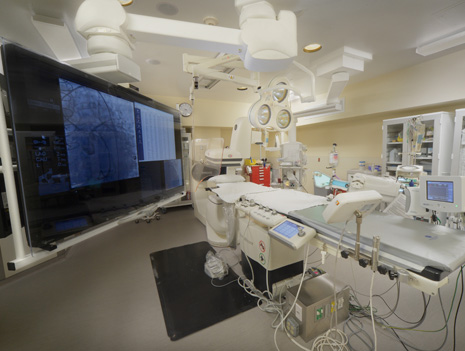
Our cardiac team provides advanced diagnosis, interventional, and rehabilitative care so you can be confident that comprehensive, expert cardiac care is always nearby.
Our experts work as a team across multiple disciplines. And because we're affiliated with the nationally recognized cardiac program at Albany Medical Center, you benefit from the knowledge and experience of the Capital Region's only academic health sciences center.
Saratoga Hospital Medical Group – Cardiology offers our patients an outstanding team of board-certified, fellowship-trained physicians, employing the most up-to-date equipment and advanced diagnostic techniques.
Members of the practice are also committed to providing personal, compassionate care. They take the time to answer your questions, address your personal concerns, and work with you to achieve the best possible outcomes.
Phone hours: 8:30am - 4:30pm Office Hours: 8:00am - 5:00 pm
To view a list of all of our providers, please click here.
These doctors bring highly specialized expertise to Saratoga Hospital because of our affiliation with Albany Med, northeastern New York's only academic health sciences center.
Click on any service to view more information.
Our interventional cardiologists perform state-of-the-art procedures, including cardiac catheterization, coronary angioplasty and stenting.
Cardiac computed tomography (cardiac CT) is a painless, non-invasive test that allows high-resolution, 3-D visualization of the heart’s coronary arteries. The two main types of cardiac CT are coronary artery calcium scoring and coronary CT angiography.
Electrocardiograms (EKGs or ECGs) check and record the heart’s electrical activity. An EKG can show how fast the heart is beating, whether the rhythm is steady or irregular, and if parts of the heart are too large or overworked.
Echocardiograms, or cardiac ultrasounds, use sound waves to create moving pictures of the heart. These images show the size and shape of the heart, how well its chambers and valves are working, and whether there are problems with the large blood vessels that enter or leave the heart.
Hemodynamic monitoring measures the blood pressure inside the veins, heart, and arteries. This type of monitoring also measures blood flow and how much oxygen is in the blood.
Implantable devices are inserted under the skin of the chest to help control heart rhythms or provide important information about how well the heart is working. A pacemaker uses electrical pulses to prompt the heart to beat at a normal rate. An implantable cardioverter defibrillator (ICD) tracks heart rhythms and, if necessary, delivers a shock to get the heart beating regularly again. An implantable loop recorder (ILR) records the electrical activity of the heart and transmits the data wirelessly for remote monitoring by physicians.
Stress tests, also known as an exercise electrocardiograms, are most often performed on treadmills. While attached to an electrocardiogram monitor, the patient walks at a faster and faster pace. During this time, heart rate and blood pressure are tracked to determine how effectively the heart is pumping.
A thallium scan is a nuclear imaging test that shows how well blood flows into the heart. During the procedure, a radioisotope (nuclear liquid) is administered through an IV into the bloodstream to the heart. A special camera can then detect issues with the heart muscle.
Holter and event monitors are small, portable electrocardiogram devices that record the heart’s electrical activity while a person is doing his/her normal daily activities.
Located on the ground floor of the Hospital, the Whitney-Hendrickson Cardiovascular & Interventional Suite is home to diagnostic technology that provides vital information about the heart and coronary arteries.
Imaging plays a key role in diagnosing, treating, and monitoring cardiovascular disease. We offer advanced imaging services, under the guidance and expertise of highly skilled medical professionals.
We offer a broad range of diagnostic and testing services, from state-of-the-art imaging to outpatient cardiac, vascular, and pulmonary testing to routine blood work and other laboratory procedures.
Cardiac rehabilitation is designed specifically for patients recovering from a heart attack or cardiac surgery. Through a customized program of education and exercise, we safely and carefully help these patients resume normal activities and improve their quality of life.
We have 2 convenient office locations for our patients to choose from. For location specific information, please click one below.
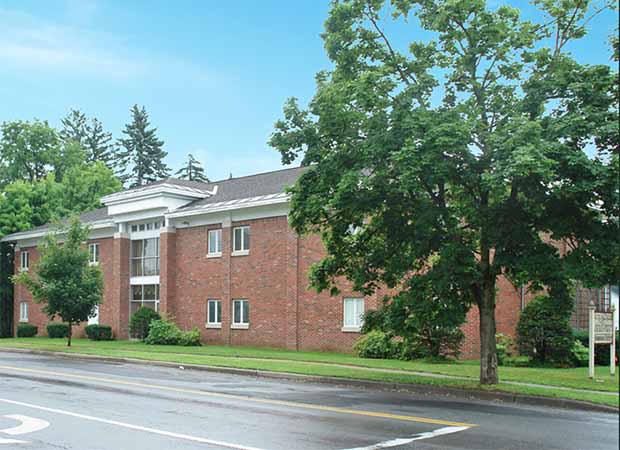
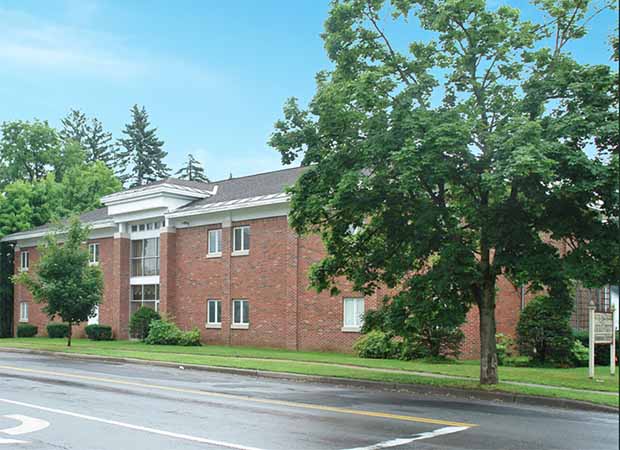
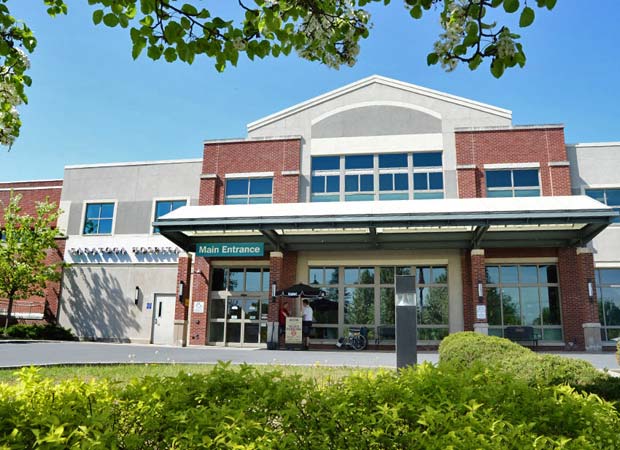
![]()
Saratoga Hospital is the proud recipient of the Mission: Lifeline® Gold Receiving Quality Achievement Award for implementing specific quality improvement measures outlined by the American Heart Association for the treatment of patients who suffer severe heart attacks.
Vascular conditions can affect blood vessels anywhere in the body. The good news is that most vascular conditions are treatable—and many don’t require surgery.
Our vascular specialists have the expertise and technology to diagnose, treat, and help you manage your condition. Equally important, they take a personalized approach to your care and make sure you know your options, from diet and exercise to medication to surgical procedures, if necessary.
To view a list of all of our providers, please click here.
Click on any service to view more information.
Our Varicose Vein Program offers a simple, outpatient solution to the problems created by varicose veins. We use advanced minimally invasive techniques to provide relieve from pain, swelling, and cramping, and to prevent long-term medical problems.
Our state-of-the-art ultrasound system provides detailed images of the body’s veins and arteries and of blood flow through those vessels. That makes vascular ultrasound an excellent tool for spotting blood clots, blockages, and narrowing of the arteries—and for deciding on the best course of treatment.
A peripheral vascular study is an ultrasound study that assesses the flow of blood in the arteries and veins of the arms, legs, and neck.
Peripheral artery disease (PAD) is diagnosed by vascular ultrasound based on a patient’s medical and family histories, a physical exam, and test results. Those who have PAD are at greater risk for such issues as coronary heart disease, heart attack, and stroke. Our vascular specialists are experts in treating PAD.
Carotid ultrasound uses sound waves to produce pictures of the carotid arteries in the neck, which carry blood from the heart to the brain. A Doppler ultrasound study – a technique that evaluates blood flow through a blood vessel – is usually part of this exam. It’s most frequently used to screen patients for blockage or narrowing of the carotid arteries. This condition, called stenosis, may increase the risk of stroke.
Our vascular surgeons are highly trained in complex vascular procedures and in using the latest minimally invasive technology. These physicians treat diseases of the vascular system in every part of the body except the brain and heart. They have extensive experience in clearing large arteries, such as the aorta; unclogging blood vessels in the arms, legs, neck, and groin; opening kidney arteries; repairing aneurysms (bulging or weak spots); and performing other potentially lifesaving procedures.
An abdominal ultrasound evaluates abdominal structures, including the abdominal aorta, the major vessel that supplies blood to the body. This test is often used to diagnose an aneurysm — a weakened or bulging spot — in the abdominal aorta.
Venous insufficiency is a condition where the flow of blood through the veins is inadequate, causing blood to pool in the legs. The most common causes of this insufficiency are blood clots or varicose veins. We have special expertise in treating this issue and offer the latest diagnostic advancements in testing and treatment.
Located on the ground floor of the Hospital, the Whitney-Hendrickson Cardiovascular & Interventional Suite is home to diagnostic technology that provides vital information about the heart and coronary arteries.
Imaging plays a key role in diagnosing, treating, and monitoring cardiovascular disease. We offer advanced imaging services, under the guidance and expertise of highly skilled medical professionals.
We offer a broad range of diagnostic and testing services, from state-of-the-art imaging to outpatient cardiac, vascular, and pulmonary testing to routine blood work and other laboratory procedures.


